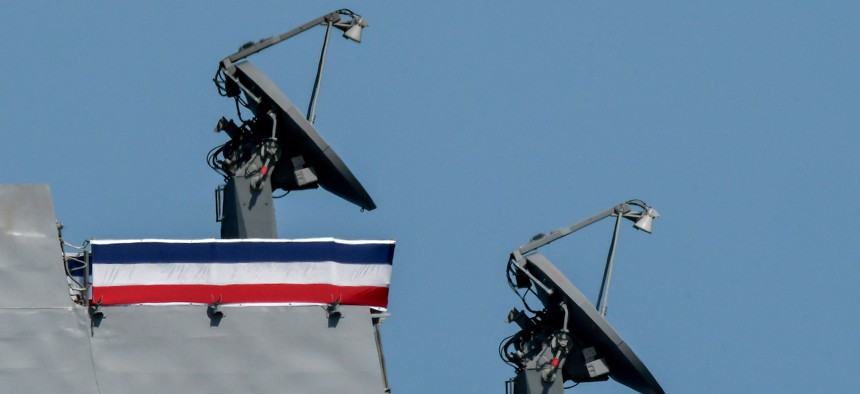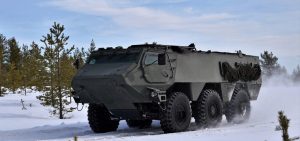AI and Machine Learning Could Aid in Faster Information Transmission and Streamlined Constellation Management, Says Agency Director.
With the increasing number of satellites in orbit, the agency aims to deliver data quickly and in a usable format to a broad range of users. This will involve developing tools in collaboration with other agencies such as the Defense Intelligence Agency, National Security Agency, and National Geospatial-Intelligence Agency.
The implementation of AI and machine learning would facilitate the rapid transmission of information from satellites to ground users, streamlining constellation management. Scolese emphasized the need to process data more efficiently and provide relevant information to analysts, warfighters, and policymakers. NRO is utilizing experimental satellites for operational missions to refine data processes and determine the necessary functions for constellation control while avoiding overburdening ground systems.
The Defense Department has been deploying more satellites and relying increasingly on commercial vendors, highlighting the importance of secure ground systems for satellite operations. Ground systems are susceptible to cyberattacks, and compromising one system could result in the failure of multiple satellites in orbit. Protection against cyber threats is a significant concern, and efforts are being made to fortify these systems. Ground stations have often been overlooked in discussions, but they play a critical role. Cooper, a former congressman, emphasized the importance of ensuring proper ground infrastructure, citing delays in providing military signals for GPS satellites as an example of the challenges faced.






